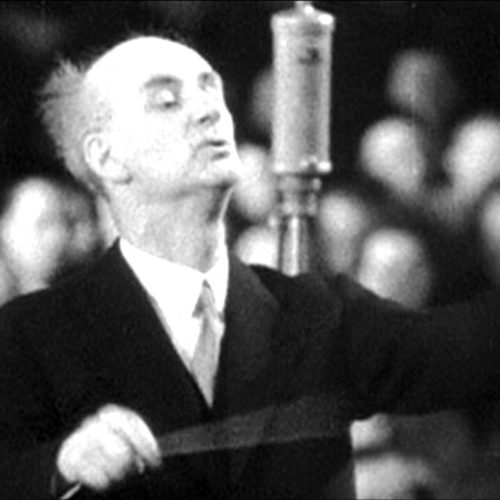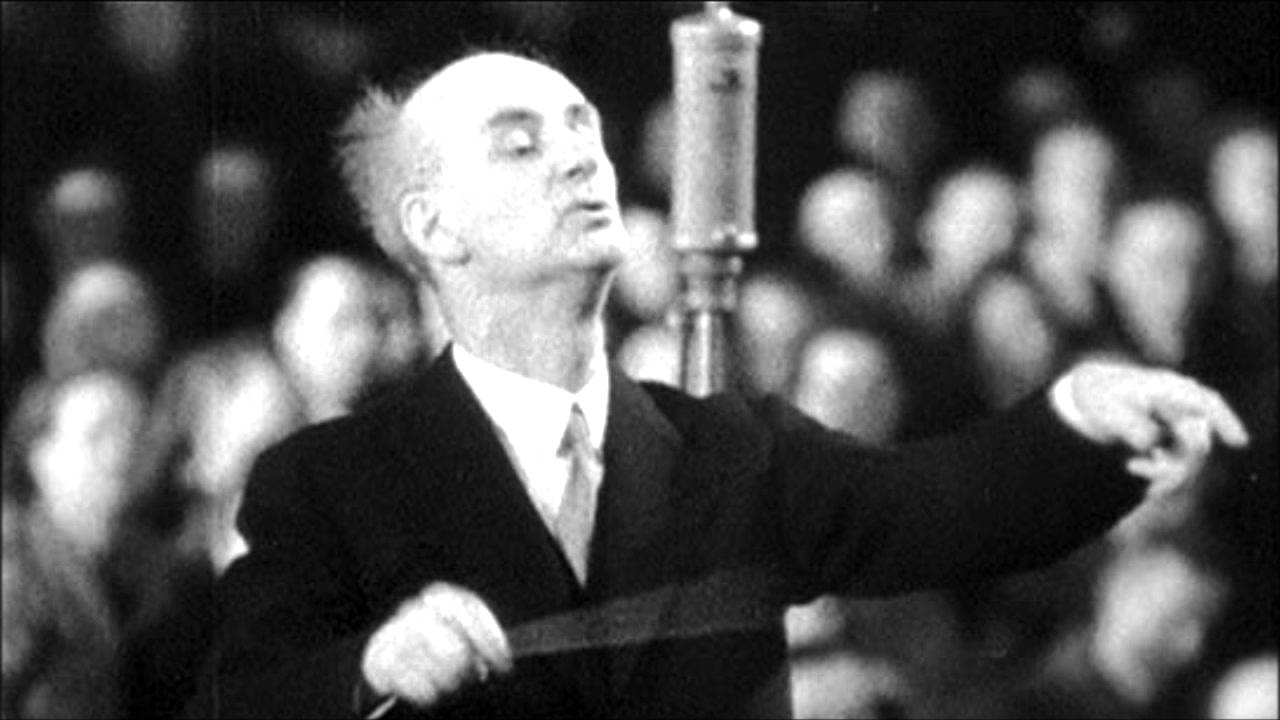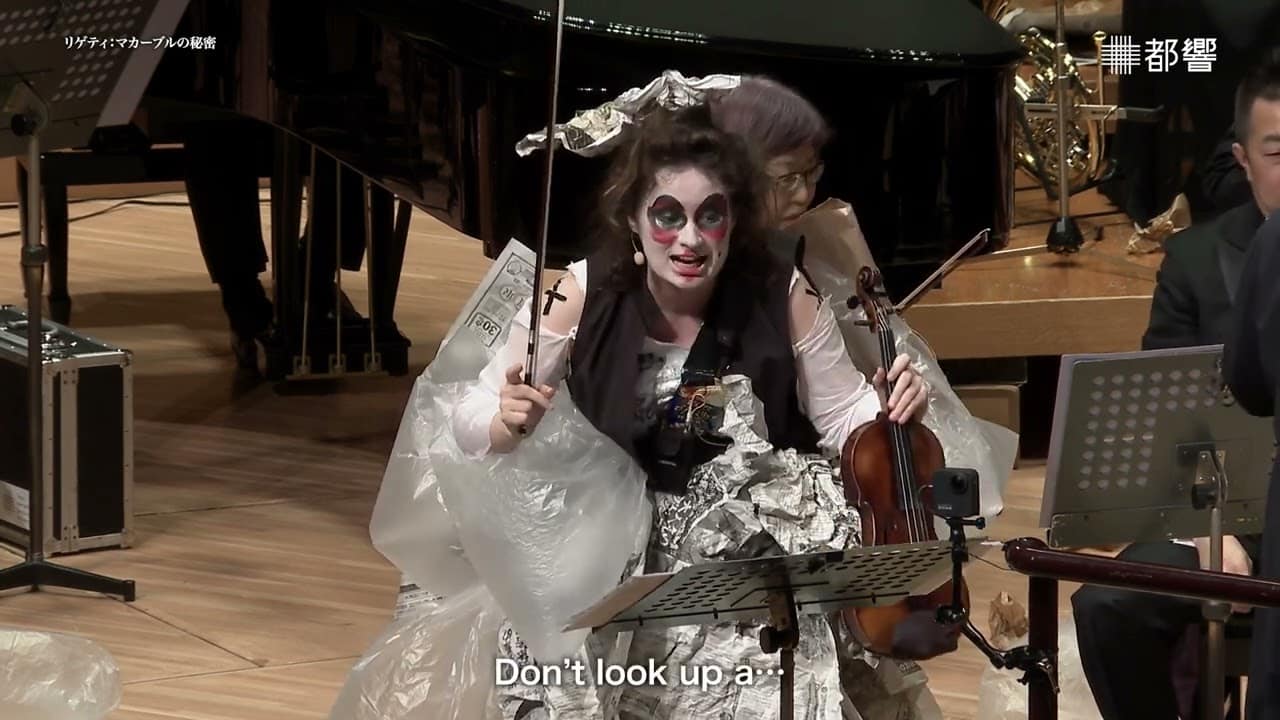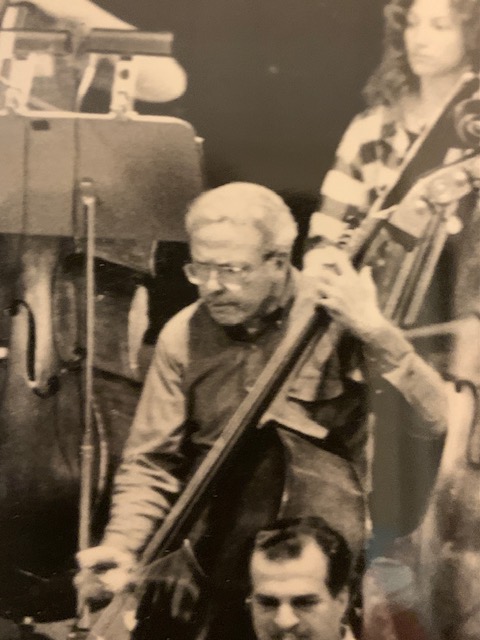Furtwängler was the first musical existentialist
mainIn the second of the videos I have made to accompany DG’s complete Wilhelm Furtwängler set, I discuss the conductor’s idea about living in the moment and how it endowed his music with a special character.
Watch here:

And here’s the next:






Comments